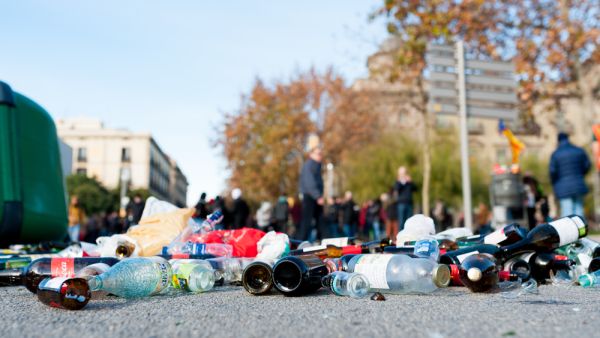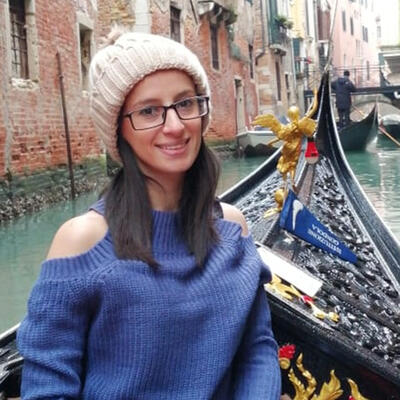Environment Minister Fadi Jreissati Saturday called for an end to illegal waste dumping in Akkar, particularly in its rivers, during the second day of a tour of Lebanon's northernmost governorate.
Speaking during a meeting at the Halba Serail with the mayors of towns in Akkar, Jreissati said indiscriminate waste dumping “threatened the health and safety” of residents, according to the state-run National News Agency.
He said that Akkar’s “Srar dump is capable of holding all the area’s waste, so there is no excuse for any municipality to act indiscriminately towards the environment.”
Jreissati said no one was above the law when it comes to the environment, stressing the vital role local municipalities played in enforcing environmental protection legislation.
Speaking to local TV channel LCBI later in the day, Jreissati said that Akkar mayors should discourage the disposal of waste in informal, unsafe dumps, and instead ensure that waste is directed to Srar.
In 2015, Cabinet approved a plan to transform the dump into a sanitary landfill. Landfills are designed to syphon off toxic effluent and explosive gases and treat them before releasing them into the environment, whereas dump sites are not.
Former Defense Minister Yaacoub Sarraf, an Akkar native who attended the mayoral meeting Saturday, told The Daily Star that work on the conversion was ongoing.
As the meeting took place, a group of around 20 protesters demonstrated outside the Halba Serail, calling for an end to heavy pollution in the area, the NNA reported. The demonstrators carried signs calling on the minister to address the untreated and unregulated water provided to homes in Akkar, and to crackdown on pesticide use in the area's agricultural land.
Later in the day, Jreissati met with a delegation of local activists, who presented the minister with a number of draft proposals and recommendations for improving water quality in Akkar.
The group told the minister that all concerned parties - municipalities, ministries and other public institutions - must take responsibility to ensure that residents of Akkar have access to “clean and sustainable water resources,” the NNA reported.
Establishing a complete sewage network with effective water treatment plants in the town of Jouma should be a priority, the delegation suggested, as it is the main source of drinking water for around 250,000 people.
On the first day of his Akkar tour Friday, Jreissati had visited some of the region's natural sites and development projects, such as the Nahr al-Bared River and the Adbeh fishing port.
This article has been adapted from its original source.










